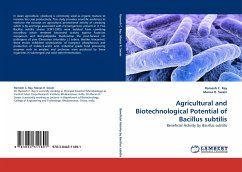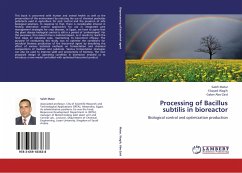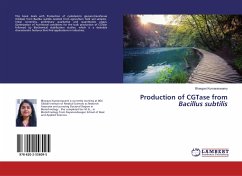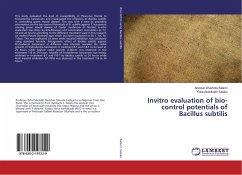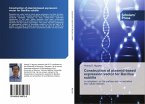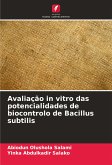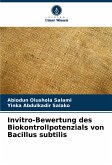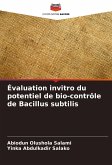In Asian agriculture, cowdung is commonly used as organic manure to increase the crop productivity. This study provides scientific evidences to reinforce the concept on agricultural promotional activity of cowdung which is by and large associated with microorganisms present in it. Five Bacillus subtilis strains (CM1-CM5) were isolated from cowdung microflora which rendered biocontrol activity against Fusarium oxysporum and Botryodiplodia theobromae the post-harvest rot pathogens of yam (Dioscorea rotundata L.) tubers. Besides biocontrol, these strains exhibited solubilization of inorganic phosphorous and production of indole-3-acetic acid. Industrial grade food processing enzymes such as amylase and pectinase were produced by these organisms in submerged and solid state fermentation.
Bitte wählen Sie Ihr Anliegen aus.
Rechnungen
Retourenschein anfordern
Bestellstatus
Storno

